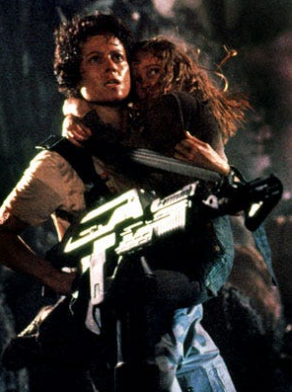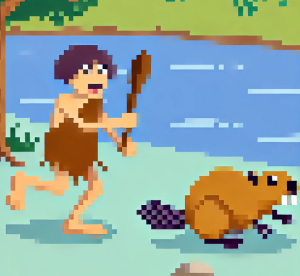
The Myth of Man the Hunter: Women’s Role in Hunting Across Time
For centuries, history books and even our cultural imaginations have painted a specific image: men as the bold hunters, stalking big game across open plains, while women gathered berries and cared for children. But what if we’ve been getting it wrong all along? What if women have been wielding spears and arrows right beside men, hunting not just for survival, but as equal contributors in their societies? Recent research is turning this age-old narrative on its head, showing that women have always been more than just gatherers. They were hunters too—and their impact is undeniable.
Uncovering a Hidden Past: The Female Hunter
Imagine a scene 9,000 years ago in the Andean highlands of Peru. An adult female is buried with a toolkit meant for hunting, stone projectiles lying by her side, clearly intended for the pursuit of big game. This burial site challenges the assumption that only men hunted. What’s more, this isn’t an isolated finding. Across ancient burial sites from the Americas, Europe, and beyond, women have been discovered with hunting tools, showing they were active participants in big-game hunting, much more than just occasional helpers.
These findings are not just archaeological anomalies. A study spanning ethnographic records from the last century reveals that in foraging societies worldwide, women have actively hunted for food—purposely, not just as a backup plan. In fact, in 79% of these societies, women hunted either alongside men or on their own. And in the majority of these cases, their hunting was intentional, not opportunistic. This discovery shakes the foundations of what we think we know about gender roles in early human societies.
Challenging the “Man the Hunter” Stereotype
The stereotype of “man the hunter” has shaped how we interpret history, archaeology, and even gender norms. From ancient artifacts to cultural stories, we’ve been conditioned to see hunting as a male-dominated activity, with women relegated to gathering and childcare. But the data paints a different picture.
Women in foraging societies didn’t just hunt small animals either. In many communities, they pursued medium and even large game, showing that their contributions weren’t limited to what was nearby or easy to catch. In some societies, women’s hunting skills were crucial for survival, especially in harsh environments where every contribution counted. These findings show that women’s role in hunting was not just supplementary; it was integral to the survival and success of their communities.
A New Narrative: Women as Leaders in the Hunt
Consider the Agta women from the Philippines. Not only do they hunt with bows and arrows, but many have personal preferences for using knives or other weapons, displaying flexibility in their hunting strategies. They often hunt in teams, sometimes with their children and even dogs. Their approach is different from men, but no less effective. In some cases, Agta women are even more skilled hunters, demonstrating that gendered assumptions about physical strength and capabilities may not hold up under scrutiny.
This new understanding of women’s roles in hunting societies changes more than just the past—it has ripple effects for how we view gender roles today. For centuries, women have been underestimated, their abilities overshadowed by outdated ideas of what they can or should do. By acknowledging that women were hunters, we can begin to dismantle limiting stereotypes and embrace a fuller, richer understanding of human history.
Why This Matters Today
In today’s world, the notion of gender equality is constantly evolving, but we still grapple with deeply ingrained beliefs about what men and women can do. The fact that women hunted—and often excelled at it—shows that traditional gender roles were not as rigid as we once thought. This discovery isn’t just about correcting the historical record; it’s about challenging the limitations we place on ourselves and others based on outdated ideas of what each gender should do.
Recognizing women’s contributions to hunting also sheds light on the diversity of human societies. It highlights the adaptability and resourcefulness of women, proving that they were as much a part of shaping early human culture as men. This knowledge can inspire modern movements for gender equality, showing that flexibility and partnership have always been key to human survival.
Join the Conversation
What do you think? How does knowing that women were hunters change the way you view gender roles today? Does this shift in our understanding of history influence how we should approach gender equality in the modern world? Let’s hear your thoughts!
Feed Your Curiosity:
Discover the latest scientific research and inspiring discoveries with ‘This Week in Science’! Perfect for educators and avid learners, our free weekly newsletter is a rich source of knowledge to enhance your teaching and learning journey. Subscribe now! If you liked this blog, please share it! Your referrals help This Week in Science reach new readers.



